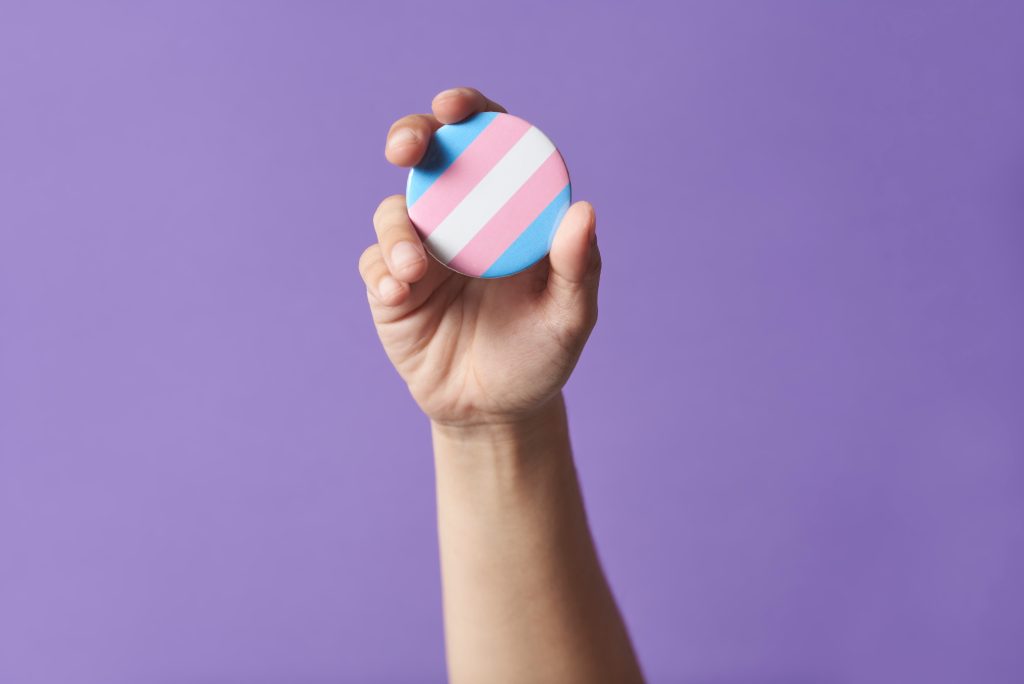Today, over 100 peak bodies, health experts and community organisations are calling for the
inclusion of the proposed three new topics in the 2026 Census.
The wide range of bodies signed on to a Joint Statement led by LGBTIQ+ Health Australia (LHA), the national peak health organisation in Australia for organisations and individuals that provide health-related programs, services and research focused on lesbian, gay, bisexual, transgender, intersex, queer and other sexual orientation, gender and bodily diverse people.
LHA has developed the Joint Statement to demonstrate that the inclusion of the proposed three topic areas of gender, variations of sex characteristics and sexual orientation in the 2026 Census is important to health and wellbeing sectors across Australia.
“The Statement highlights that asking appropriate questions in the 2026 Census is crucial in fostering an evidence-informed environment for health and economic policy service planning and understanding health and social service utilisation, which is essential in addressing the significant health disparities that LGBTIQ+ people experience.” said Nicky Bath CEO of LHA.
“The Statement’s supporters include a range of stakeholders with expertise spanning across mental health, suicide prevention, social services, disability, ageing and aged care, sexual, family and domestic violence, human rights, and research. This demonstrates the broad cross-sectoral support and need for collecting this data.” Bath said.

The Australian Bureau of Statistics had been working on the proposed questions for several years and had previously apologised for not including questions about sexuality and gender in the previous 2021 census. Last week the Albanese government stepped in a pulled the questions triggering a backlash from health experts, backbenchers and some members of the crossbench and the opposition.
The Prime Minister and senior cabinet ministers have given a varied range of reasons on why they were against the questions being included, included suggestions that the draft questions were too complicated, and a desire to protect LGBTIQA+ communities from “divisive debate” and “nastiness”.
On Friday the Prime Minister said he would allow a question on sexuality to be included but ruled out gathering information about transgender and intersex Australians.
The latest statement from the health bodies and community groups highlights that asking appropriate questions in the 2026 Census is crucial in fostering an evidence-informed environment for health and economic policy service planning and understanding health and social service utilisation, which is essential in addressing the significant health disparities that LGBTIQ+ people experience.
The Statement’s supporters include a range of stakeholders with expertise spanning across mental health, suicide prevention, social services, disability, ageing and aged care, sexual family and domestic family violence, human rights, and research. This demonstrates the broad cross-sectoral support and need for collecting this data.
Among the many organisations adding their name to the statement is the WA Primary Health Alliance, Transfolk of WA, Suicide Prevention Australia, GRAI: GLBTI Rights in Ageing, the Human Rights Council of Australia, Just.Equal, First People’s Rainbow Mob WA, Living Proud, RUOK Day and The Kirby Institute.
Australia’s LGBTIQA+ focused publishers including Star Observer, DNA, QNews and OUTinPerth have also voiced their support.
Peter Bacon CEO, Disability Employment Australia voiced his belief that all the proposed questions about sexuality and gender needed to be included.
“At Disability Employment Australia, we are working for an Australia that recognises and embraces its diversity. As part of this, we must understand the data to ensure that we are making informed decisions and prioritise inclusive co-design to ensure that we are doing things with people, not to them.
“This cannot be achieved without asking separate questions on innate variations of sex characteristics, sexual orientation and gender within the Census” Bacon said.
Anthony Venn-Brown OAM, the founder and CEO, Ambassadors & Bridge Builders International (ABBI) also added his voice to the campaign.
“To effectively make a difference to the lives of LGBTIQ+ we need data. You can’t change what you can’t measure. For too long, we’ve had to make assumptions and sometimes work in the dark. The ABS collecting information about ALL our tribe is vital.” he said.
Melanie Walker, CEO of Australian Alcohol and other Drugs Council also noted that her sector could benefit from the data the census would collect.
“One of the goals of the Australian Alcohol and other Drugs Council is to promote the development of cross-sectoral systems level partnerships and initiatives to meet the needs of LGBTIQ+ communities. It’s obviously important that the needs of different population groups are considered when we plan, design and build programs and services to ensure access for all Australians.” Walker said.
“In very practical terms, we need to know numbers in terms of gender, innate variations of sex characteristics and sexual orientation of people living in different parts of Australia, so that services designed to support people with alcohol and other drug issues are as effective as they can be in achieving the best possible outcomes for individuals, their families and communities. It’s just common sense to include all obvious questions that impact health and social service planning in the census.”





